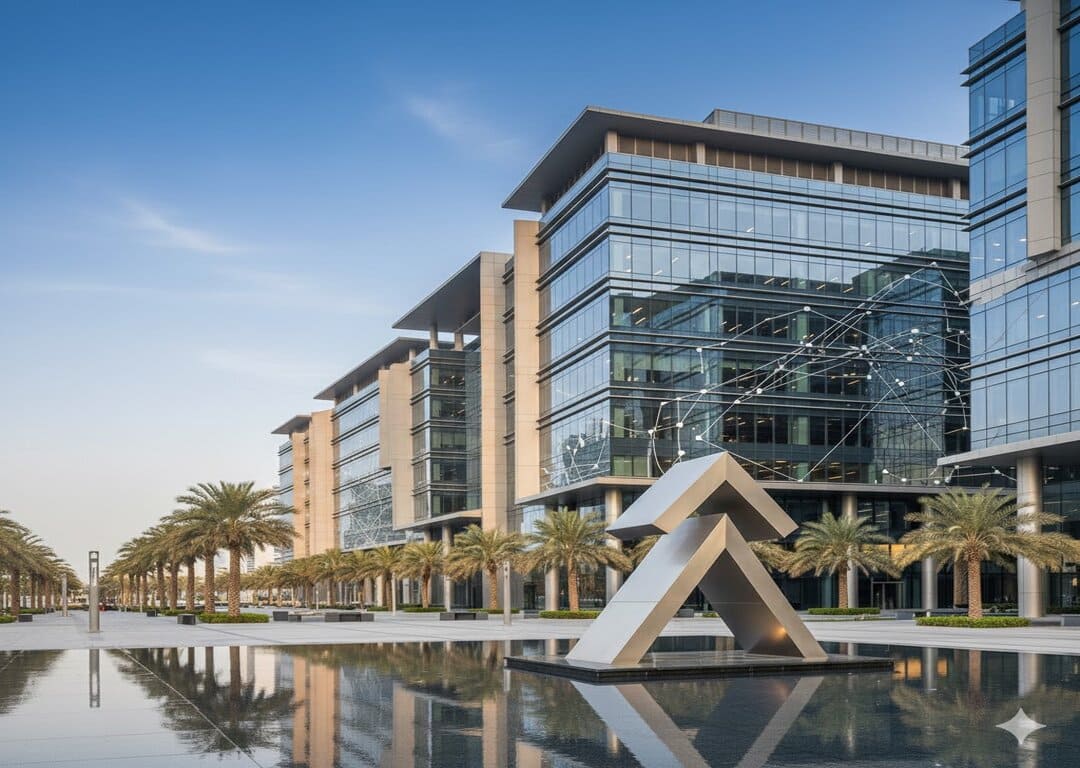Green Funds and Sustainable Finance Options in Luxembourg
Luxembourg is a global centre for investment funds, the second largest fund jurisdiction in the world, after the United States. It is the largest centre for funds in Europe, with over Euro 4.5 trillion in cumulative assets under management in supervised funds alone.
Why setup an investment fund in Luxembourg?
The country is:
- A founding member of the EU.
- Politically stable.
- Financially stable.
- AAA-rated.
It has:
- Access to over 500 million EU residents.
- Reliable investment regulations.
- Over 4,200 supervised investment vehicles with around 14,500 sub-funds.
- A competitive framework for passporting of funds within the EU.
- Luxembourg funds are sold in more than 70 countries and is the leading jurisdiction for fund distribution.
- A responsive and globally recognized financial regulator.
It offers:
- A wide range of supervised and non-supervised investment funds.
- UCITS and AIFs.
- Umbrella funds.
- Non-supervised funds.
Tax benefits:
- Depending on the need of investors, Luxembourg offers tax exempt, tax neutral or taxable investment vehicles,
- Some exemptions for VAT payments;
- Funds may access Double Taxation Avoidance Treaty benefits or establish SPVs that would have access.
Luxembourg funds and the GCC:
Luxembourg is a jurisdiction of choice for investors based in the GCC. While the Dubai International Financial Centre (DIFC) and the Abu Dhabi Global Market (ADGM) also offer fund structures, Luxembourg funds have more diverse options, including SLPs – that can be unsupervised and allow for greater flexibility for lower AUMs.
Luxembourg is an excellent jurisdiction for startup funds due to lower setup and maintenance costs, in some cases, as low as 35% of the costs in similar onshore jurisdictions in the GCC. They can be established quickly, are more flexible and can easily be upgraded to supervised or passportable funds once higher AUMs are achieved.
Luxembourg funds can also be managed from the DIFC (and ADGM), by setting up a restricted fund manager. This allows for greater comfort to prospective investors, besides opening an option for directly marketing and passporting the fund within the UAE.
Most large banks and investment managers in the UAE and the GCC have Luxembourg fund options. In fact, Luxembourg domiciled investment funds dominate among foreign funds sold in the GCC.
United Arab Emirates – 64% of foreign funds are Luxembourg funds:
Saudi Arabia – 50%
Kuwait – 75%
Bahrain – 75%
Oman – 99%
Qatar – 98%
What are social impact funds?
Social impact and green funds are investment funds that have integrated environmental, social and governance factors (ESG) into their investment process. These ESG funds invest into businesses that are environmentally friendly and have a positive impact in society.
The sustainable and impact investing asset class has recently emerged as a new and growing class of investments. There are different forms of investing to create a social impact, and these include environmentally friendly businesses such as solar or wind energy, start-ups with an ESG agenda or investments in a blue-chip company that largely fulfils ESG criteria.
This sector has seen a considerable growth, as institutional investors and sovereign wealth funds have been under increasing pressure by governments worldwide, to integrate ESG criteria into their investment allocations.
Why set up an ESG fund in Luxembourg?
Luxembourg has been at the forefront of social impact investing and has a long-established track record as a domicile of choice for ESG funds. Luxembourg is also ideally positioned for fund managers to make use of the European passporting rights to distribute the fund across the EU, and also to other markets worldwide. Also, most globally-recognised service providers have a presence and offer services in Luxembourg.
In fact, Luxembourg has a documented strategy for growing the impact investing sector, and this includes focus on leveraging Luxembourg’s expertise in asset management, alternative funds and sustainable finance. As a result, the country has seen a total market share of over 30% of all social impact investment funds in Europe, over 62% of European impact funds, over 65% of global microfinance assets, as well as being amongst the top four jurisdictions globally, for Islamic funds.
The Luxembourg Government, the Luxembourg Stock Exchange and the European Investment Bank have together established LuxFlag, an independent association for the labeling of funds that invest in the ESG sector.
What are the key advantages of setting up a social impact fund in Luxembourg?
The first big advantage is choice. Fund managers can choose the level of supervision they require, depending on the kind of clients that the fund will market itself to. Accordingly, funds can be unsupervised (such as SLPs), supervised (such as SIFs) or attach themselves with a supervised AIFM (such as RAIFs).
A Luxembourg structure also offers comfort to investors, given the good reputation of the jurisdiction, the enhanced protections offered to investors and the existing network of globally-recognised service providers.
Distribution options are the next major advantage. A Luxembourg ESG fund could be passported on the basis of the AIFMD framework, once it appoints an AIFM.
What structures are available for forming ESG funds in Luxembourg?
Well, there are a few, as below:
- UCITS: (Undertaking for Collective Investment in Transferable Securities). UCITS are the most distributed investment fund product globally. They are well-regulated by the CSSF, since they can be offered to retail investors.
UCITS are subject to strict diversification rules, and can only invest in certain asset classes, such as listed securities, bonds, index components and assimilated assets.
They benefit from the EU Passport and can be distributed through the European Union.
- Specialised Investment Fund (SIF): These are very flexible fund structures, and available to qualified investors only. SIFs are supervised by the CSSF, require a lower level of diversification, and can be set up as umbrella funds as well.
SIFs can also opt for the EU Passport, after meeting certain conditions.
- SICAR: (Investment Company in Risk Capital). This is also a supervised fund, and must invest in risk-bearing assets.
A SICAR is not subject to any diversification rules, is restricted to qualified investors, has access to double-tax avoidance treaties and can qualify for the AIFMD passport, provided the conditions are met.
- RAIF, or Reserved Alternative Investment Fund. RAIFs were introduced in 2016 and have been very successful.
They are faster to setup, and flexible enough, and they can be transformed into SIF or SICAR, if required.
In fact, they are structurally similar to the Luxembourg SIF and SICAR, but are not directly supervised by the CSSF. Instead, a RAIF has to appoint an AIFM, which in turn is regulated by the CSSF. This allows the RAIF to benefit from the AIFMD passport and be marketed throughout the European Union.
- Limited Partnerships (LPs): These include CLPs and SLPs, and are highly flexible real estate funds that has been quite successful recently. Currently, 13% of all Luxembourg real estate funds are set up as limited partnerships.
LPs are not supervised, are similar to partnerships in Common Law jurisdictions, allow for contractual flexibility through Limited Partnership Agreements, and are not restricted to any asset type and not subject to any risk diversification rules.
- Securitisation Vehicles: (SV) are investment vehicles, that can be set up as an alternative investment vehicle, as a substitute for fund structures. Luxembourg SVs are very flexible and can be set up either as a corporate, or a securitisation fund.
An SV can issue securities such as bonds and notes in relation to underlying risks such as receivables and credit.
How fast can the ESG fund be set up?
The time to setup depends on whether the Luxembourg ESG fund or compartment is a supervised or non-supervised fund. A non-supervised fund can be set up within 2 weeks, while a supervised structure can take around two months, depending on the complexity of the structure and the time it takes to get approved by the Luxembourg regulator.
How can we at 10 Leaves help you?
We provide turnkey services for Luxembourg structures:
From initial consulting, to assistance in authorisations, to assistance in preparation of the legal documentation, 10 Leaves helps you navigate the legal framework in Luxembourg and submit an application that is comprehensive, complete and compliant.
Our services include assistance in:
1. Reviewing the business model and advice on the applicable regulatory framework;
2. Preparation of all the required documentation, including Private Placement Memorandums and agreements;
3. Provision of compliance and bookkeeping services; and
4. Finalisation of registered space and bank account opening.
5. In fact, we can do all this without you having to visit Luxembourg!
Get in touch! to get more information on green funds and sustainable finance options in luembourg.
For More Details, View Our Luxembourg Brochure















 CONTACT
CONTACT